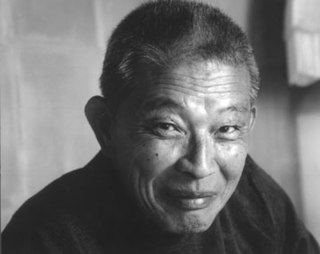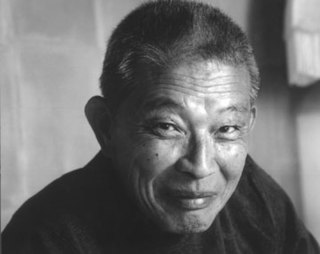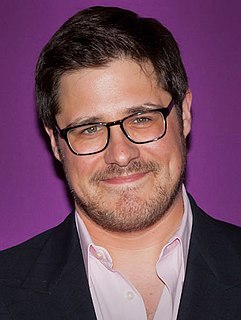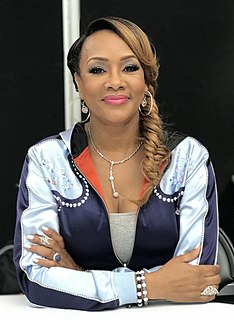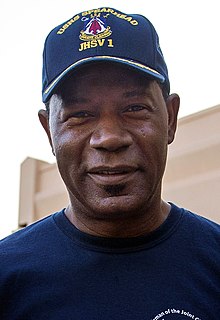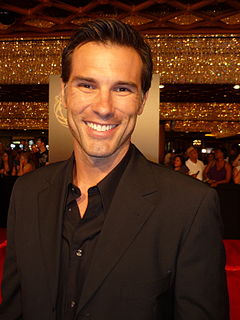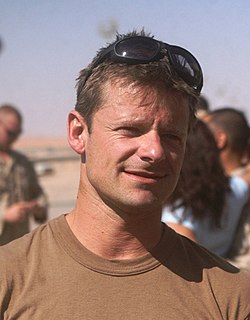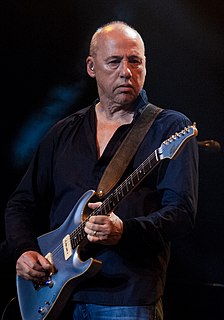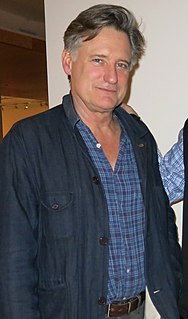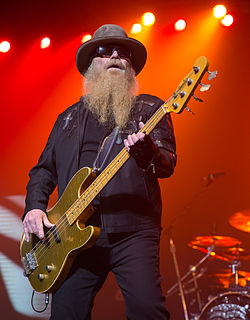A Quote by Mako
I came to America to become an architect. And somewhere along the line while I was still in school, I was lured into theater, and that's how I became interested in theater. My first play was something called 'A Banquet for the Moon.' It was a weird play.
Related Quotes
I've been a little disappointed in directors in America. I'm really after a theater that doesn't just deal with the actual texts that I brought in. But with a director that really deals with images too, that takes the play to another level. We have to remember that theater takes place in the third dimension, and we have to take into consideration the visual aspect of the play. I think images are important for the theater. Because I do write images.
It may be unfathomable in architecture, but it is very practical, or routine, for a person in theater to use action. You have the line, "Come home, son," but you can't play that line by going out and being a mother; you can't be a noun. But you can play to smother your son; you can play to grovel to your son. Again, the real information is carried in action. And, to an annoying degree, theater people talk to each other in infinitive expressions. If you don't have a vivid verb to describe what you're doing, you're probably going to be a pretty bad actress.
I've studied theater since high school. Of course, it's a different story altogether being on Broadway, but it's still theater, and you have to be in front of a live audience, and that's very exciting. It's something I've definitely wanted to do, but I got involved in movies and television, and then it became a luxury to get back on the stage.
I was in high school, and I was the guy that always got cast in the school play. Theater is huge in high school in Minnesota, and I knew that I was very good at that, and gifted, and I was 'the guy,' but it still wasn't something I ever thought of as 'a job' or something that one could do professionally.
I dropped out in middle school. I dropped out in, towards the beginning of the ninth grade. And then I started studying -I started taking acting classes at a, well first I was like in a community theater at that time in Torrance, California, so I finished up like my season with that community theater just acting in, you know, acting in a small part on this play or a big part on that play or a stage manager or assistant stage manager in another play.
I was doing this children's theater play, and it was non-Equity. We were out of town to do it at the Kennedy Center, and it was always kind of, 'Well, the producers may have to turn this into Equity,' and that's what happened. It was kind of a silly children's theater play, but that's how I got my card.
